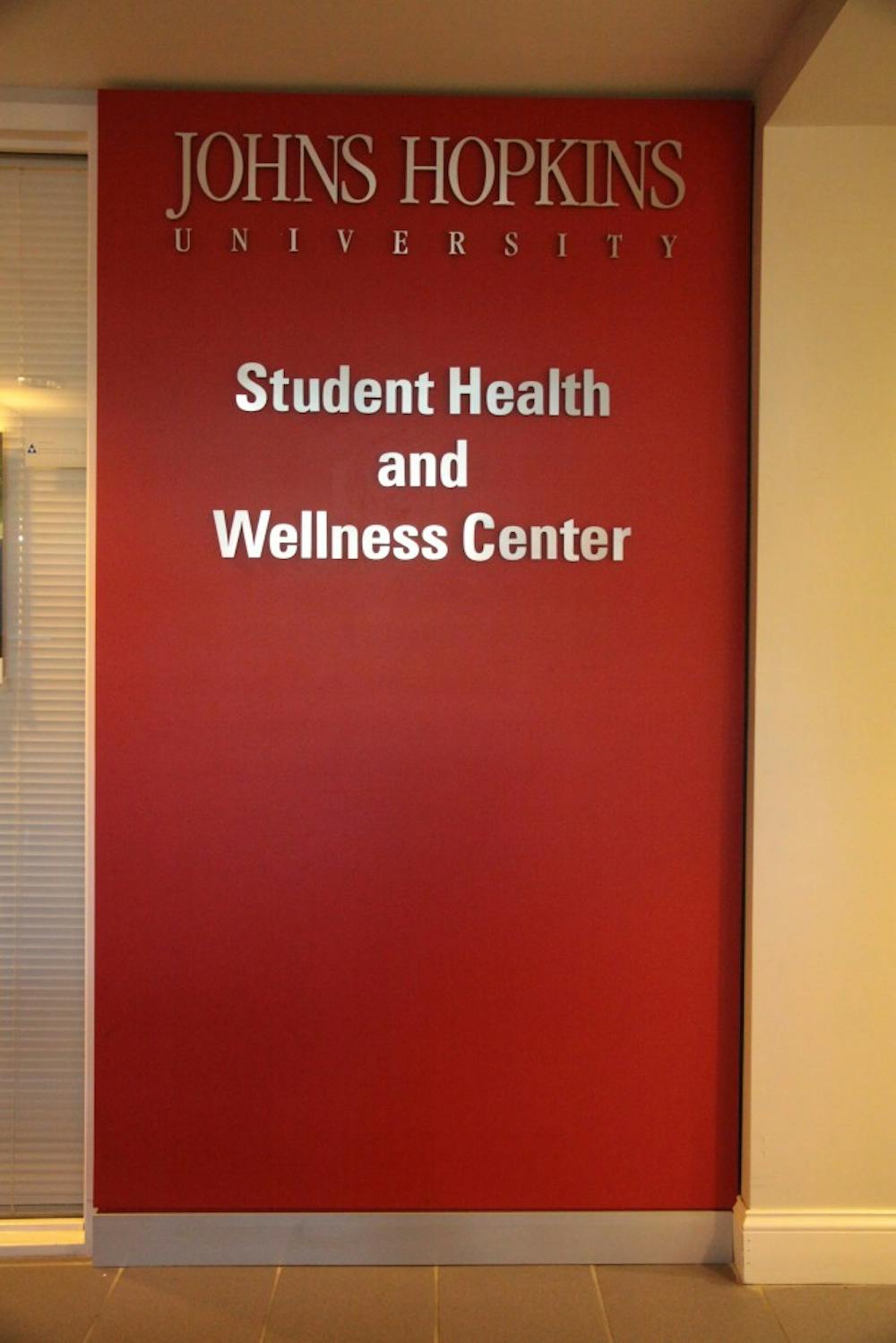By ANNA WESCHE For The News-Letter
The Hopkins AIDS Alliance has begun an initiative to bring oral swab HIV tests to the Student Health and Wellness Center (HelWell). Before, HelWell only offered blood tests.
Co-Presidents of Hopkins AIDS Alliance Catherine Gong and Vidushi Purohit started the initiative at the beginning of last semester. The group contacted Dr. Alain Joffe, the director of the Student Health and Wellness Center, about their concerns and their hope to introduce oral swab tests as an option along with the pre-existing blood test. Dr. Joffe responded enthusiastically, applying for a grant. He obtained 50 free tests which are now being offered free-of-charge to Hopkins students.
Gong explained that the current HIV tests at HelWell require a blood test, which is a much longer and less appealing process.
“We realized that people needed easier tests. We’ve found that many students can be put off by the idea of the needle prick, or they do not want to go through with a blood draw when they do not think that they have HIV,” Gong said. “Most people who have HIV don’t think they have HIV and don’t want to go through the hassle.”
The test is a simple oral swab along with a 20 minute wait for results. The only drawback is the $11 cost. In comparison, the blood test is free, but takes much longer to process and involves what can be an uncomfortable needle prick. Also, the results for the blood tests are not immediate since they need to be sent to an external lab for processing.
Purohit emphasized the need for quicker tests, explaining that the long wait for blood test results could lead to quicker spread of disease.
“It is very possible for you to go years without showing any [HIV] symptoms, and the symptoms are often flu-like so it is important for people who think they don’t have it to be tested, especially in Baltimore where we have such a high prevalence of HIV,” Purohit said. “We want to lower any unease that a potential tester may have. We don’t want them to be scared off by a needle prick.”
Gong and Purohit hope to spread the word about the 50 free available tests.
“We need to spread the word around campus to get as many people tested as we can. After the 50 tests are gone, the Health and Wellness Center will be deciding whether or not to buy more tests... based on the interest in this test,” Gong said. “Even though they won’t be free, we feel that it is important to have this test be an option for students. We don’t want the only HIV test option on campus to take so long.”
According to the national AIDS site, more than 1.2 million people in the United States are living with HIV, and nearly 1 in 8 people are unaware of their condition. In 2013, the Baltimore metropolitan area had the third highest estimated HIV diagnosis rate of any major metropolitan area in the U.S., as reported by the Centers for Disease Control and Prevention (CDC).
“We’re not as invincible as we think we are,” Purohit said.





